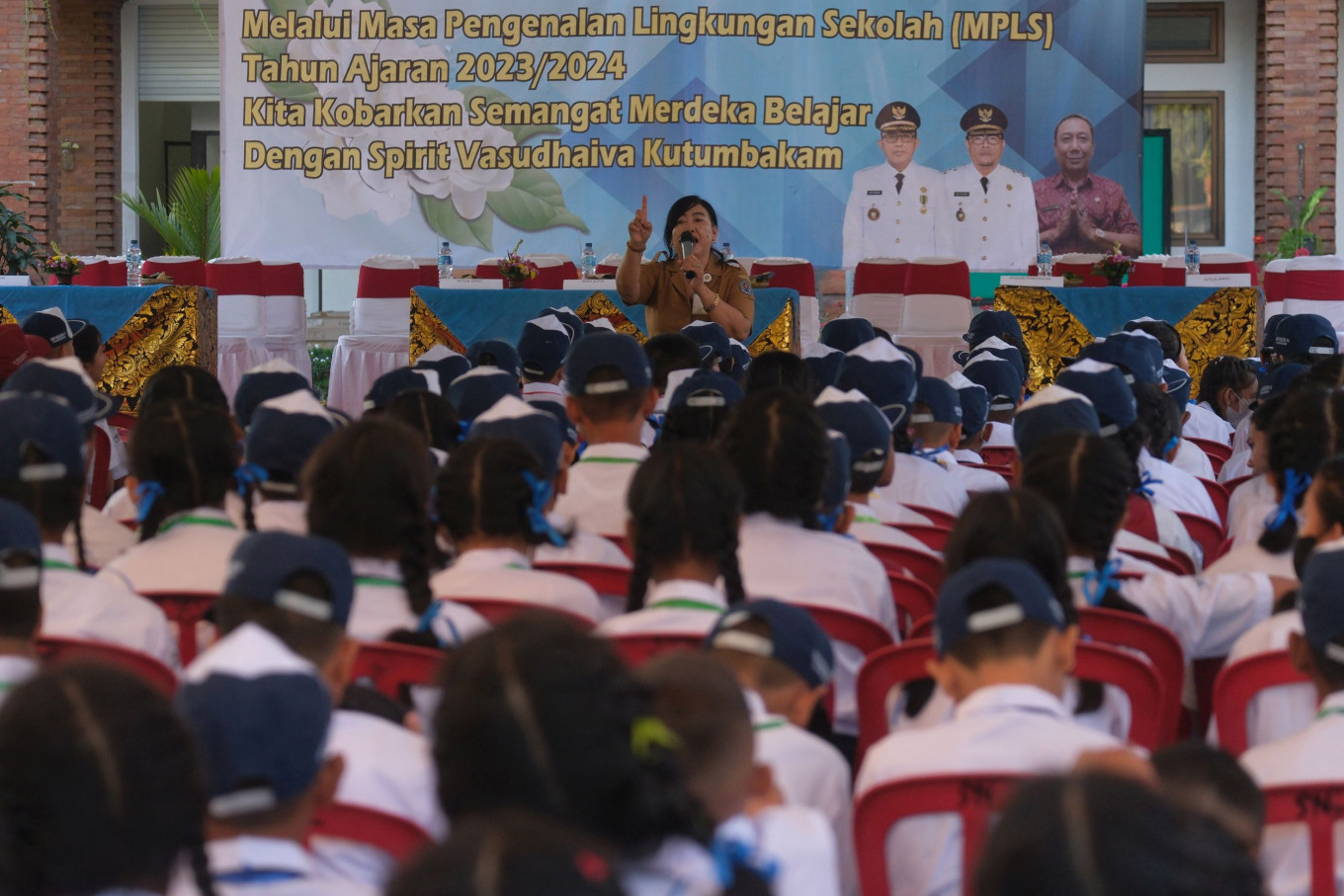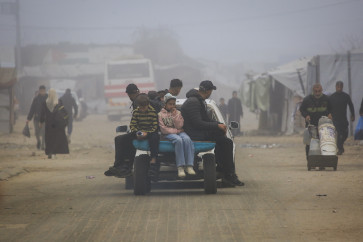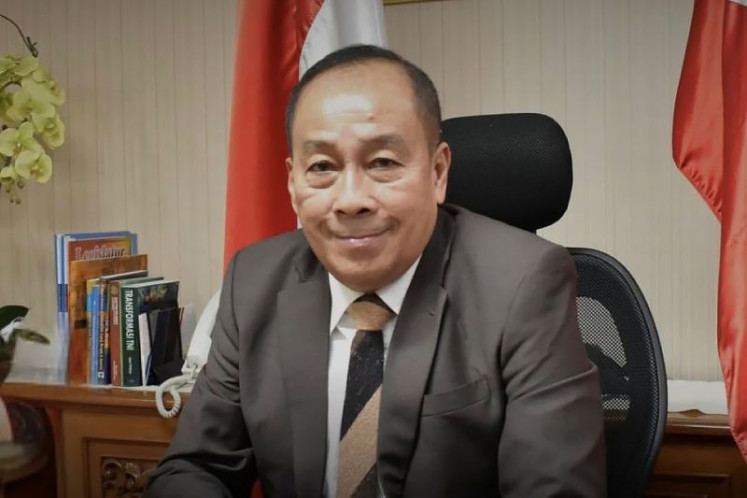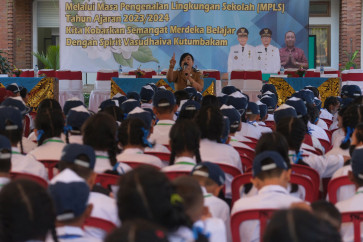Popular Reads
Top Results
Can't find what you're looking for?
View all search resultsPopular Reads
Top Results
Can't find what you're looking for?
View all search resultsMission impossible, but noble for Indonesian educators
The instant ascent of the President’s sons to the top political positions recently repudiated the essence of meritocracy, which is regarded as a characteristic of a thriving society.
Change text size
Gift Premium Articles
to Anyone
In the course of civilization, every person is emancipated not only to fulfill their own needs but also to act on something bigger than themselves. Some people have the special calling to walk with young people on their journeys and witness these young people free themselves from the bondage of ignorance and innocence.
These special people have chosen the path of being educators. National Teachers’ Day today is a time to reflect on educators’ mission and appreciate their role in shaping the future of the nation.
The six dimensions of the state ideology Pancasila Student Profile assigned to all Indonesian educators, namely Faith in God and Noble Character, Critical Thinking, Global Diversity, Collaboration, Creativity and Autonomy are currently being tested as young people’s learning space has been extended beyond the classroom walls and beyond the teachers’ control.
With regard to the first dimension, which is facilitating the growth of noble character among young people, the patron of Indonesian education, Ki Hajar Dewantara, identified three learning spaces: home, school and society. Teachers face a myriad of challenges in facilitating their students’ character development in the intersection of those three spaces.
In his book Determined: A Science of Life Without Free Will, the New York Times bestselling author Robert Sapolsky (2023) brings up the nature-nurture debate and rejects the role of free will in decision-making and character development. Drawing from his background in biology and neurological sciences, Sapolsky argues that willpower is made of neurons, neurotransmitters, receptors and other unseen processes that are beyond the individual’s control.
In short, what has become or will become of individuals is equally the outcome of uncontrollable biology interacting with an uncontrollable environment. If individuals’ actions are “determined” in this way, Sapolsky’s bewildering arguments should spark existential debate on the role of teachers in making an impact on young people’s lives.



















